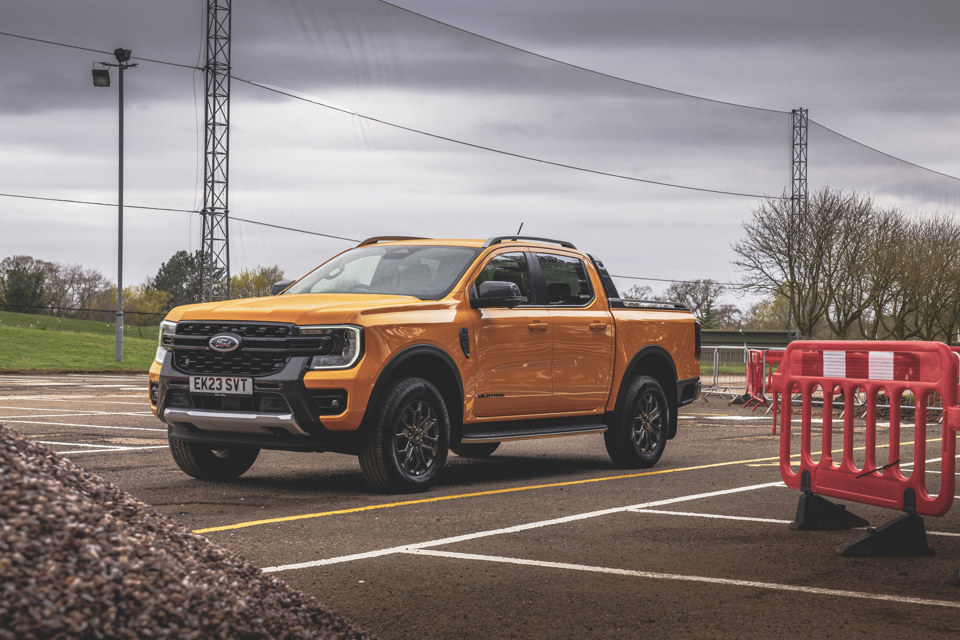Fleets operating double cab pick-ups have avoided a double whammy when the tax status of their vehicles change.
Double cab pick-up trucks will be treated as company cars for the purpose of benefit-in-kind (BIK) tax and capital allowances from April 2025.
Existing capital allowances treatment will apply to those who purchase double cab pick-ups before April 2025.
Transitional BIK arrangements will apply for employers that have purchased, leased, or ordered a double cab pick-up before April 6, 2025.
They will be able to use the previous treatment, until the earlier of disposal, lease expiry, or April 5, 2029.
However, the Treasury has reassured fleets that the change, announced in the autumn Budget, will have no impact on the level of vehicle excise duty (VED) that they have to pay.
The Government says it is “aligning” the treatment of double cab pick-ups (DCPUs) to reflect a ruling by the Court of Appeal, involving HMRC and Coca-Cola, regarding the primary suitability of a vehicle.
A Treasury spokesperson explained: “The Government announced that HMRC will change its guidance on the tax treatment of DCPUs to align with case law, reflecting the Court of Appeal’s judgement that multipurpose vehicles which are equally suited to carrying people and goods should be treated as cars.
“It is right that their tax takes into account the purpose for which they are primarily suited.”
HMRC successfully argued in the Cort of Appeal that Coca-Cola’s Vauxhall Vivaro and VW Transporter T5 Kombis (1st and 2nd generation) were cars and not vans in 2020.
The previous Government decided to try and tighten the tax rules to reflect the ruling in February, before performing a spectacular U-turn just seven days after announcing the policy.
“This Government will apply the judgement to treat them as cars, as not doing so would be a significant tax break worth hundreds of millions per year for these generally higher emitting vehicles,” the spokesperson said.
However, the Treasury told Fleet News that double cab pick-ups would remain classed as light goods vehicles (LGVs) for VED purposes in line with the definitions in VED legislation, which were “unaffected” by this ruling.
VED rates vary depending on the type of vehicle, with different rates applying to cars, vans and motorcycles, which are then calculated according to a range of factors.
Double cab pick-ups are liable for the LGV rate of VED, which is currently £335 per year and rising to £345 in line with the Retail Price Index (RPI) for 2025/26.
Classed as a car, double cab pick-ups would have incurred an annual VED rate of several thousand pounds more.





















Login to comment
Comments
No comments have been made yet.